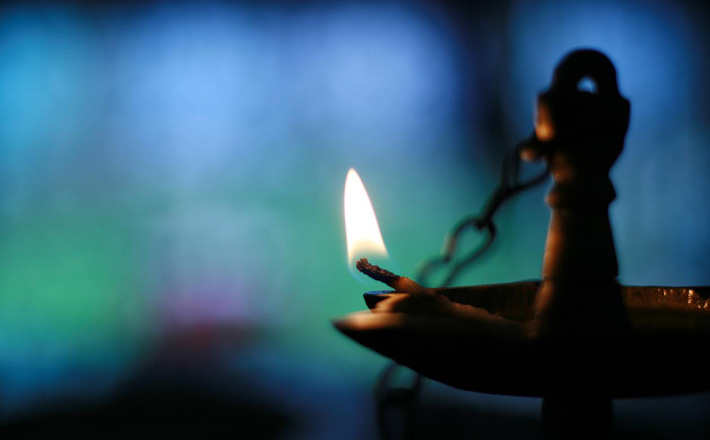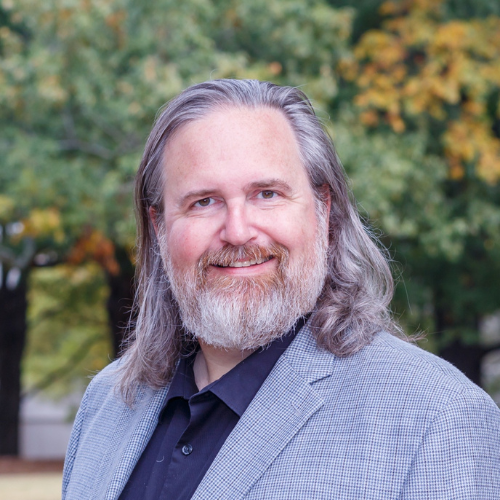Commentary on Isaiah 1:1, 10-20
Everyone loves a courtroom drama, but what happens when God prosecutes God’s own people?
Isaiah 1 stands squarely within the prophetic tradition of the covenant lawsuit. As in Micah 6, also written during Isaiah’s era, YHWH calls heaven and earth to stand as the witnesses to a case against the leaders of Israel and Judah. Once again, YHWH charges the children of Israel with rebelling against the Divine Parent’s loving care and instruction (Isaiah 1:2, see last week’s entry on Hosea 11:1-11).
While many of the oracles against Israel and Judah begin with allusions to God’s liberation in the Exodus, Isaiah’s use of the trope harkens more to the creation narratives in Genesis. Several traces of Genesis appear in Isaiah 1:4 with the charge against the leaders of Judah as “offspring who do evil” and “children who deal corruptly.” The Hebrew term for “offspring” (zera‘) recalls the seed-bearing plants from the creation narrative (Genesis 1:11, 29) or the abundant offspring of Abraham (Genesis 3:15). Instead of the “good” seed meant to be a blessing to the nations, however, this seed acts evilly.
Likewise, the phrase “to deal corruptly” literally means “to wreak destruction.” It recalls the lawless violence of humanity that inspired God to destroy the earth with a great flood (Genesis 6:11-12). In a word-play, the same verb describes God’s destruction of all flesh on the planet (6:17). The allusion in Isaiah suggests that as a result of the charges against Judah, YHWH will also lay waste to Zion, with only a few survivors who remain (verses 5-9).
The oracle beginning in verse 10 should not be read apart from the context and themes of the prior verses. Isaiah’s primary audience in this oracle consists of the rulers in Judah, who wield the authority to make political, military, and economic decisions. Like other prophets, Isaiah compares these leaders to the people of Sodom and Gomorrah, two cities known for violent crimes against humanity throughout the biblical record.
The comparison to Sodom and Gomorrah is a trope for destruction as well as the sinfulness of the people of Judah. Genesis first introduces us to the citizens of Sodom as “wicked, great sinners against the Lord” (Genesis 13:13). For this reason, God decides to destroy the city despite Abraham’s protests (Genesis 18). While in our culture, many define the sin of Sodom as sexual, the story of Sodom in Genesis 19 highlights the violence of the people and their utter disregard for the visitors to their town. Later in Isaiah, the prophet condemns the leaders for the pride of their sin, declaring their offenses aloud and without shame like the people of Sodom (Isaiah 3:9). In this instance, the sin in question seems to be the economic oppression of the poor (Isaiah 3:15). Isaiah’s comparison of Judah’s leaders to the people of Sodom, then, seems to be a precursor to the tradition in Ezekiel: “This was the guilt of your sister Sodom: she and her daughters had pride, excess of food, and prosperous ease, but did not aid the poor and needy” (Ezekiel 16:49).
Like the other eighth century BCE prophets, Isaiah condemns the theater of worship without the presence of true care for the weakest in society. The prophet does not condemn ritual sacrifice in Isaiah 1:11. Rather, he uses the blood imagery of the sacrificial system to reflect the blood shed by Judah’s leaders (1:14). For this reason, YHWH says, “I do not delight in the blood of bulls, or of lambs, or of goats.” God takes no joy in the pomp and circumstance of God’s people when accompanied by unjust behavior. Verse 14 highlights the sins of the leaders by returning to the image of blood. The hands of the leaders are full, not with the blood of ritual sacrifice, but with the blood of the oppressed. The blood that the leaders shed in sacrificial worship does not atone for the blood they shed in the community. Rather, empty sacrificial ritual reminds the Divine Judge of the leaders’ crimes.
Isaiah, however, does not leave the audience hopeless. The people can once again make themselves ritually pure by upholding justice and the rights of the weakest in society. By defending the widow and the orphan, the leaders have the hope of cleansing their blood-stained hands. The leaders have a choice to either face the coming destruction for their sins or submit to God’s desire for a just and equitable society (verse 20).
The contemporary impact of this passage should not center on the strangeness of ancient Israelite sacrificial ritual or on an equally strange blood atonement theology. Rather, this prophet calls those of us in Church leadership positions to ask ourselves whether our congregations, our denominational bodies, or we are participating in practices that we would otherwise deem good, without also establishing justice in the public square.
Are we in the church more concerned with who comes to worship, our declining numbers, and/or the upkeep of our facilities than we are with making sure the weakest of society are secure? Are we more concerned with doctrinal assent and sexual purity than we are with those whom our culture has widowed and orphaned? If this is true, then our cities and churches are as much like Sodom and Gomorrah as Jerusalem and Samaria were. Yet, Isaiah also offers us a choice. May we choose to cleanse the hands of our Church from its past and present violence–the murderous crusades, the support of slavery, waves of anti-Semitism, language of hate and bullying against those who do not fit our definition of normalcy, and contempt for the poor. May we claim the hope of our sins forgiven by promoting the just cause of the oppressed.


August 11, 2013